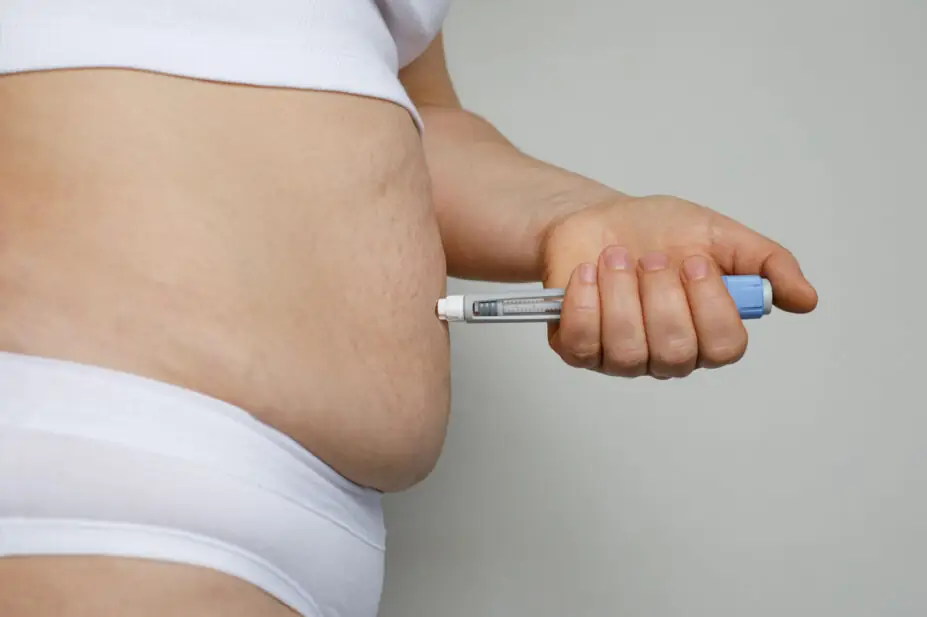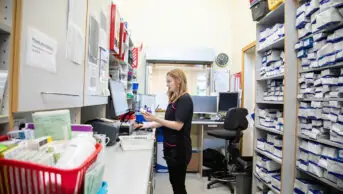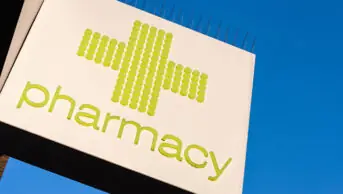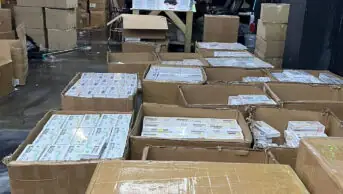
Shutterstock.com
Weight loss drugs, such as semaglutide, make up a “very small part” of medicines being illegally trafficked into the UK, the Medicines and Healthcare products Regulatory Agency (MHRA) has said.
Speaking at the Royal Pharmaceutical Society’s (RPS) annual conference in London on 8 November 2024, Andy Morling, deputy director of criminal enforcement at the MHRA, said that weight loss drugs are a “very small part of the current illegal trade in medicines”.
“I think it will stay that way for a variety of reasons… but the media would have us believe it’s a substantial challenge for us in law enforcement — it isn’t at the moment,” he said, adding that the MHRA has made “900 or so seizures” of trafficked weight loss injections.
“We are taking down websites, we are arresting people, we are doing all the things you expect us to do to stem this, but it is not the big problem that is reported sometimes in the news,” he said.
Giving examples of how the drugs are sold illegally, Morling said that criminals change the labels on insulin pens to Ozempic (semaglutide; Novo Nordisk), sell the active ingredient in powder form for people to mix and inject at home, or sell pre-mixed syringes.
In October 2023, the MHRA reported that it had seized 369 potentially fake Ozempic pens since January 2023 and had received reports of a “very small number” of people who were hospitalised after using potentially fake weight loss pens.
It said that the reported side effects of those hospitalised, which included hypoglycaemic shock and coma, suggested that the fake pens may have contained insulin rather than semaglutide.
At the RPS annual conference, Morling presented a slide showing that “by far” the majority of medicines trafficked into the UK are controlled drugs, followed by erectile dysfunction medicines.
The slide also showed that the majority of illegally traded medicines are unlicensed generic medicines and that most drugs trafficked to the UK come from India. Morling said that counterfeit medicines make up a “tiny proportion” of medicines in the illegal supply chain.
Responding to a question on whether there has been a rise in counterfeit medicines following shortages of drugs, such as ADHD and weight loss medicines, Morling said: “Yes, where there’s an imbalance between supply and demand, criminals will seek to exploit that.”
He added that “in the early months of authorisation of semaglutide products [for weight loss], there was that supply imbalance… and [counterfeit medicines] did emerge — it was a perfect storm”.
“We always need to be alive to that. We try and monitor those types of things. Supply is improving and our work has had an effect so that imbalance is less than it was. We’re also trying to tackle demand, because if you tackle demand you reduce the imbalance that way as well,” he said.
Responding to another question on whether regulated online pharmacies reduce illegal trading or make it worse through the access to medicines they provide, Morling said: “It is legal and, therefore, it gives people another route of access to a genuine product, so to that extent it’s something that I support.”
He added that regulated online pharmacies also “crowd out” the presence of illegally trading websites in search results.
The MHRA published data in January 2024 showing that it had seized more than 15.5 million doses of illegally traded medicines during 2023, valued at more than £30m.
It also disrupted more than 12,000 websites illegally selling medical products to the public and shut down almost 3,000 social media profiles during the same year.


